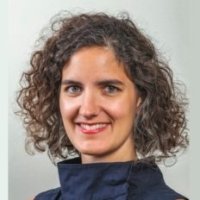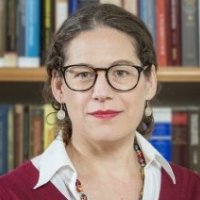Chile's Constituent Assembly Elections: Deciphering the Results
Following mass protests in October 2019, Chile embarked on a reform process to address longstanding grievances, including inequality, the lack of economic opportunity, high student debt, and gender inequities. Calls for institutional change centered on reforming the Chilean Constitution, seen as a relic of the Pinochet dictatorship despite multiple partial reforms under democratic governments.
Last October, Chilean voters approved a popular referendum to create a Constituent Assembly to draft a new constitution. Elections for the members of that Assembly, initially scheduled for April but postponed due to a new outbreak of COVID-19, will take place May 15 and 16. Proponents of a new constitution view it as an opportunity to heal long-standing divisions in Chilean society and to strengthen democratic governance and social mobility. Others, however, view the reform process as something that will deepen tensions, especially if future governments are unable to guarantee social and economic rights that a new constitution will likely enshrine.
Who will make up the Constituent Assembly? What priorities will members pursue? How will the delegates reach consensus on tough issues that have proved divisive in the past? What impact will the process have on the future trajectory of Chilean politics and the country’s image as one of the hemisphere’s most stable countries?
Please join us on Thursday, May 20, 2021 from 3:30 p.m. to 5:00 p.m. ET as the Wilson Center’s Latin American Program and IDEA International host prominent Chilean analysts to decipher the results.
Introduction

Moderator

Panelists




Professor, Universidad de Santiago de Chile
Hosted By

Latin America Program
The Wilson Center’s prestigious Latin America Program provides non-partisan expertise to a broad community of decision makers in the United States and Latin America on critical policy issues facing the Hemisphere. The Program provides insightful and actionable research for policymakers, private sector leaders, journalists, and public intellectuals in the United States and Latin America. To bridge the gap between scholarship and policy action, it fosters new inquiry, sponsors high-level public and private meetings among multiple stakeholders, and explores policy options to improve outcomes for citizens throughout the Americas. Drawing on the Wilson Center’s strength as the nation’s key non-partisan policy forum, the Program serves as a trusted source of analysis and a vital point of contact between the worlds of scholarship and action. Read more

